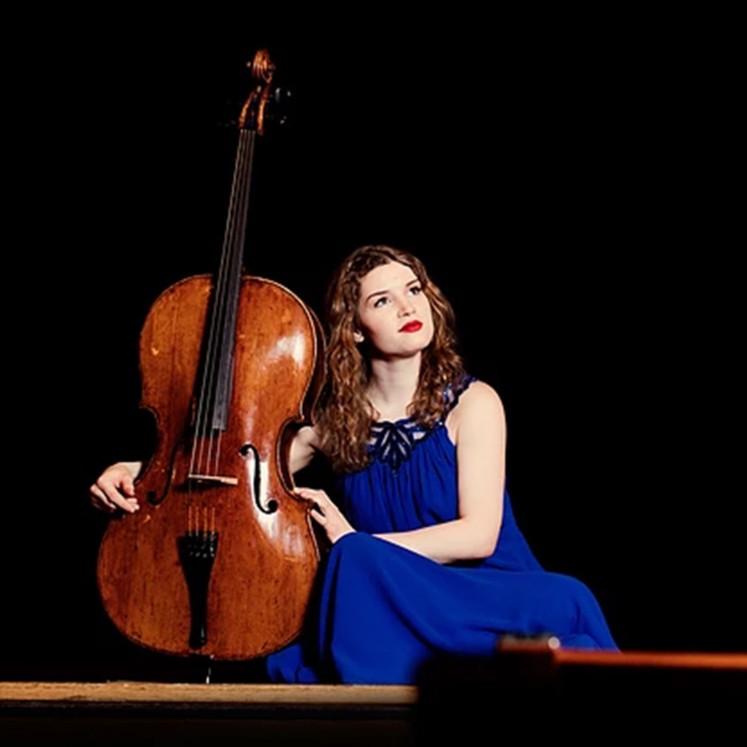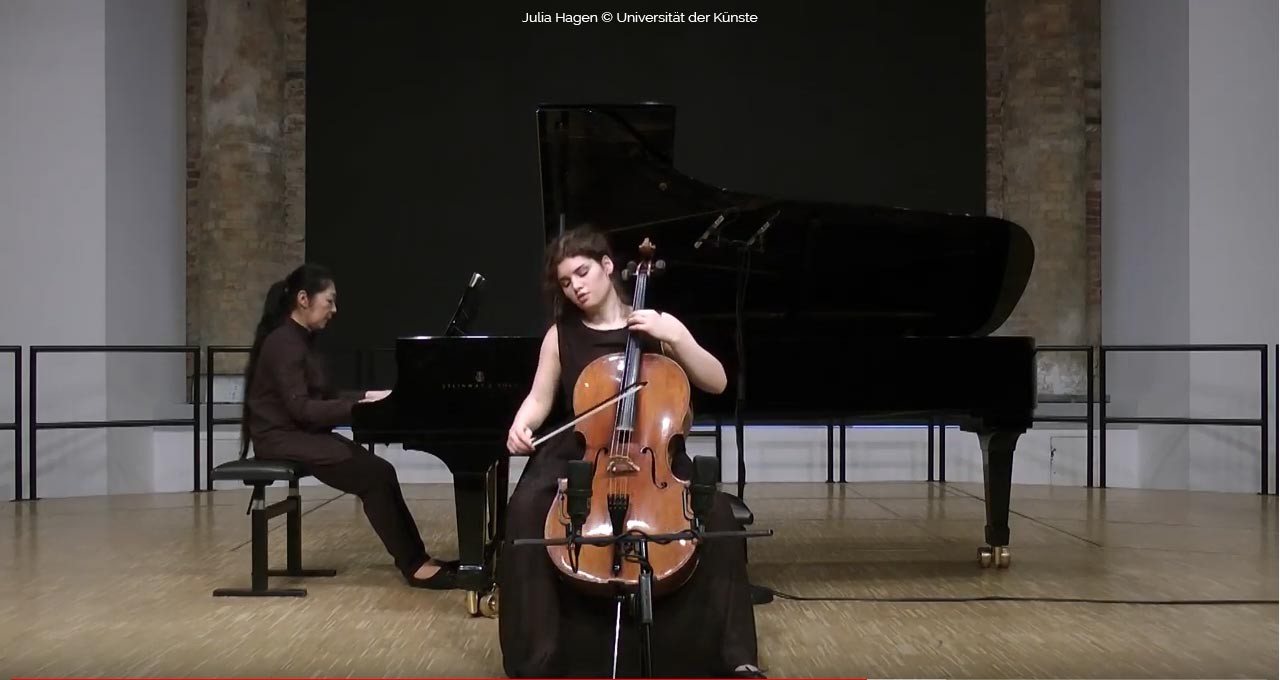
„[…] played something by this scoundrel Brahms. What an untalented S...! It really annoys me that this priggish Mediocrity is acclaimed as a „Genius“. Compared with him Raff is a colossus“ wrote Tschaikowsky in his diary on the 9th October 1886.
Apart from showing that Brahms was by no means appreciated by all of his composer colleagues, this makes clear the universal recognition enjoyed by Joachim Raff. As a largely self-taught composer, he was encouraged by Mendelssohn and supported by Liszt, whom he revered, though he was critical of Wagner´s music, which was unusual for a „New German“.
For 50 years from 1870 Raff advanced to become one of the most performed composers in the German-speaking world thanks to his instrumental music, in particular chamber music such as the melodious and energy-laden Cello Sonata. In contrast Brahms fans never tired of emphasising how, particularly in the field of chamber music, their idol revealed „his extraordinary talent as an absolute musician. In the scale of his talents, in the modesty of his income, in the variety of detail, in the range of moods in his music, he surpassed even his great predeccessors Mendelssohn and Schumann, and stood alongside the very greatest“.
Felix Mendelssohn Bartholdy (1809–1847)
Sonata No. 1 in B major for Violoncello and Piano, Op. 45 (1838)
Joachim Raff (1822–1882)
Sonata in D major for Violoncello and Piano, Op. 183 (1873)
– Interval –
Johannes Brahms (1833–1897)/Norbert Salter (1868–1935)
5 Song Arrangements from the Brahms-Album for Violoncello with piano accompaniment (1896):
„Wie Melodien zieht es mir“, Op. 105, Nr. 1 (1886)
Sapphische Ode, Op. 94, Nr. 4 (1884)
Feldeinsamkeit, Op. 86, Nr. 2 (1879)
Liebestreu, Op. 3, Nr. 1 (1853)
Minnelied, Op. 71, Nr. 5 (1877)
Sonata No. 1 in E minor for Violoncello and Piano, Op. 38 (1862, 1865)
Julia Hagen | Violoncello
Aaron Pilsan | Piano
